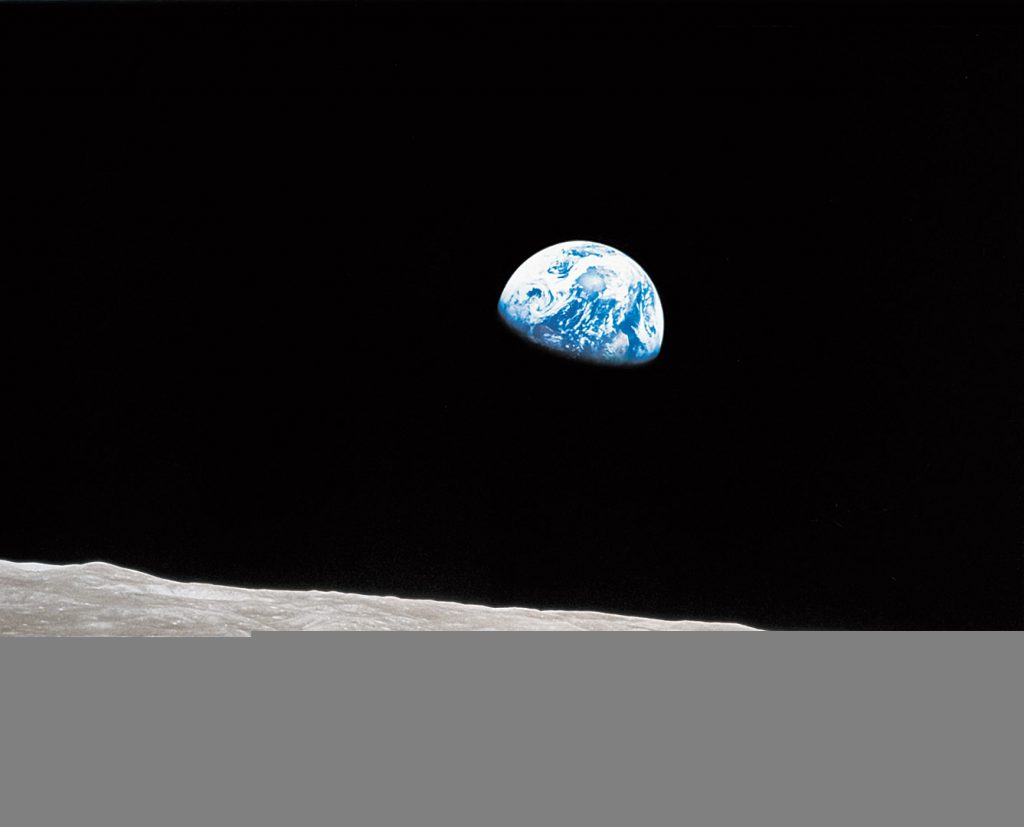I recently stumbled across a video entitled “What happened to JacksGap?” and found myself curious about one of the platform’s early creators as to what he’s been up to. I was surprised to learn that Jack Harries (formerly JacksGap) had relocated to Cornwall in an effort to “get back to nature” and “slow down.”
Unfortunately for Jack, I think he now represents much of what’s wrong with wealthy, white liberalism. This piece isn’t just a critique of his ideology but also of his actions. In many ways, Harries has become a stereotype of liberal privilege, and his story highlights the contradictions of that worldview.
“What happened to Jacks Gap” was a story of a teenager who was plunged into fame off the back of a YouTube channel that his brother and he made for fun. I don’t expect fresh 18-year-olds to have deep sociopolitical understandings of the world * and have (from my experience anyway) probably inherited their ideology from their surroundings growing up *. So, I will ignore the beginning of Harries’ career and focus on the lead up to, and Earth-Rise studio years.
His journalistic potential.
Journalism is an incredibly important thing in bringing stories to people and can demonstrably affect public perception on the big issues. Harries used the skills and money amassed from his career as a YouTuber in order to give voice to people in countries affected by climate collapse and bring it to the fore.
Raising consciousness in the general public is certainly important work. His choice to go to Somaliland to display the impacts of drought – or showing the Greenland ice sheet retreating to his large audience was a fantastic way to try to impact change. However, it is important to reflect on your stories, their context, and your audience.
Seat at the Table.
Seat at the Table was the pilot project of Earthrise Studio, a media organisation founded by Jack and peers, its goal being to bring forward stories from the people most impacted by climate change, and to platform them to world leaders at COP26 in Glasgow. Episode 7 was where this project fell flat, focusing the episode in its entirety on North Sea Oil rig workers who would be impacted by the proposed, hypothetical, green transition.
This transition has of course been as good as terminated, largely due to successful lobbying efforts in the fossil fuel industry, with the issue of hundreds of oil and gas licences in 2023, still in place today. In 2021, expansion of drilling in the North Sea was hampered only by a “Climate Compatibility Checkpoint” which was widely criticised at the time for doing little to stop licences being issued. If there is one group that isn’t under-represented in climate conversations, it’s the fossil fuel industry. In fact, for COP26, fossil fuel companies had a larger delegation than any single country at the event. The sole purpose of these delegates was to lobby for more climate inaction.
To bring fossil fuel workers into a film that shows the difficulty of life “on the front lines of the climate crisis” alongside people from the Maldives and the Isles of Scilly who are likely to lose their homes due to sea level rise is wildly irresponsible and immoral.
Harries and the cushy Obama Interview.
Perhaps the most egregious part of the series, however, was the interview with Barack Obama that takes place during episode 11. Obama, whilst seemingly liberal in his views, was responsible for over 500 drone strikes carried out by the most powerful military in the world, equating to more drone strikes in his first year than entirety of Bush’s presidency. As this Harvard Political Review put it: it’s ‘clear that the “hope” that President Obama offered during his 2008 campaign could not escape US imperialism.’ In Harries’ interview however, he allows Obama to speak with absolutely no pushback, clearly star-struck by the man he considers to be a hero, as they overlook a picturesque loch.
In this interview, Obama defends 60 years of climate inaction by stating “organising humans to do big things globally is always difficult. Politics is difficult.” But as we know from the pandemic, politics can respond to global emergencies when incentivised to do so. So why would there be lack of incentive to address what is arguably the biggest crisis humanity has ever faced? Could it be that the vast majority of those affected will be black and brown people away from the imperial core of the US and the EU?
When Harries asks for Obama’s advice to young people, the suggestion given was to vote and to “be the voice” to inspire other people to vote based on climate. “The gears of politics turn slowly” he states. Yet this doesn’t seem to be the case when Republicans are able to undo an entire term’s worth of work from the Democrats within a few weeks in office (like their exit from the Paris Agreement). No, this is an issue of political will, in which lobbying efforts make sure those gears do not turn.
Harries’ willingness to bow to power is why he is revered in the mainstream as a great success story. Rather than challenging narratives set out by the ruling classes, he refuses to critique their systems, for fear of being ostracised from his current, very comfortable ‘seat at the table’ within them. Harries likely would not have been granted an interview if he had been willing to push back against the man who controlled the most powerful empire in the world. The same man who green lit drone strikes on Yemeni civilians and increased crude oil production by 88% during his presidency.
The Other Path – Greta Thunberg and genuine radicalism.
An example of someone else who held a similar position to Harries – also platformed at COP by world leaders, but who then opted for meaningful action on climate justice, is Greta Thunberg. The once-loved “sweetheart” of the political ruling class, Thunberg has come by a much colder reception as of late. Her integrity has led to her critiquing the root cause of the climate crisis as well as the driver for current genocide: imperial power and colonialism.
By continuing to speak out and escalate protest to the point of arrest, she has used her notoriety to put scrutiny on these power structures and question the narrative of the oligarchic press. Her fame, speaking engagements and opportunities have taken a hit: she’s been shortlisted for Antisemite of the year due to her solidarity with Palestinians. If only she turned away and begun her own media enterprise. With Thunberg at the helm, much like Harries’ Earthrise Studio, it would have been a “thriving business”.
Looking again at episode 11, Harries manages to ask a harder question of Alok Sharma, COP26’s President, about the effectivity of COP summits: “There have been 25 of these conferences so far, let’s be honest, we’re still careering towards disaster… is this process capable of delivering the scale of change that we need?”. Sharma gives a good answer that Harries takes at face value instead of digging deeper. Sharma then pulls on the success of the 2015 Paris Agreement and how “we have managed to bend the curve to 2C [from 6C].” The goal of COP26 he says, is a “question of the speed. Are we moving fast enough.”
At this point in his work, Harries has witnessed, first hand, the destruction that even 1 degree of warming has caused, yet there is a failure to push back against this answer, to show recognition that these conferences are little more than performance art, where the “world leaders” give lip service to the urgency of the situation before returning to the status quo. The thing repeatedly missing from Harries’ line of questioning is anger at injustice. That the previous 25 COPs have left the world’s most marginalised communities fighting for survival.
Jack Harries – An uncritical White Liberal.
Someone like Harries will never question why the global system is set up in such a way that no meaningful action has ever been taken on climate change. This is not necessarily because of any moral failing on his part, but because of the structures that have influenced him.
Quite simply, if he believed something different, he wouldn’t be sat there in that room with those world leaders. The supremely powerful people who he is interviewing know that they can count on him to make them look good and give them an uncritical platform to spout propaganda. Harries didn’t mention capitalism once throughout the entirety of Seat at the Table, and that’s because he can’t. COP isn’t an event where people try to solve the climate crisis, it’s where neoliberals meet to try and save capitalism from itself.
There is deep irony in the moment that Harries sees his film shown on the big screen and him sincerely declare: “history will look back at this moment. What’s happening in Glasgow this week.” Well we can see that COP26, alongside all the other 25 COPs, failed (according to Sharma’s goal) as 1.5C is a dead hope.
We have been treated to more COPs, some in oil-producing states, which have yielded the same failure. This is what these kinds of events thrive off: world leaders and oil barons being able to flash a smile at an unsuspecting liberal and ease them of their worries about the climate or political system. Make them feel special, listened to, maybe even see them as a friend. Then that same liberal goes on to spread the good word about what a “nice man” Obama is. Those from the regions he attacked would likely have something else to say.
Image Via: Youtube.


Leave a Reply